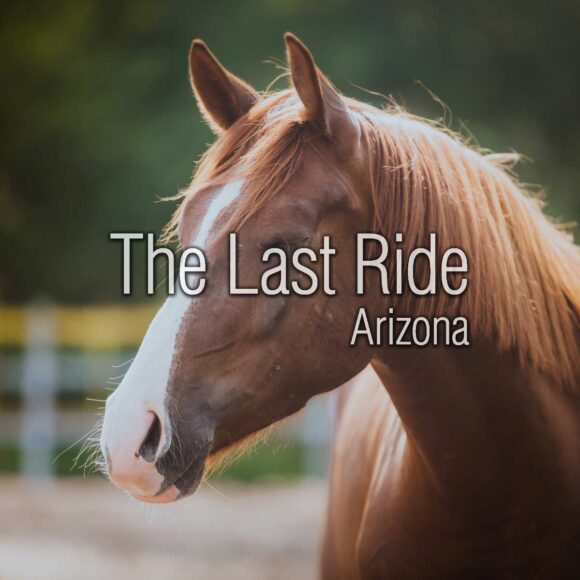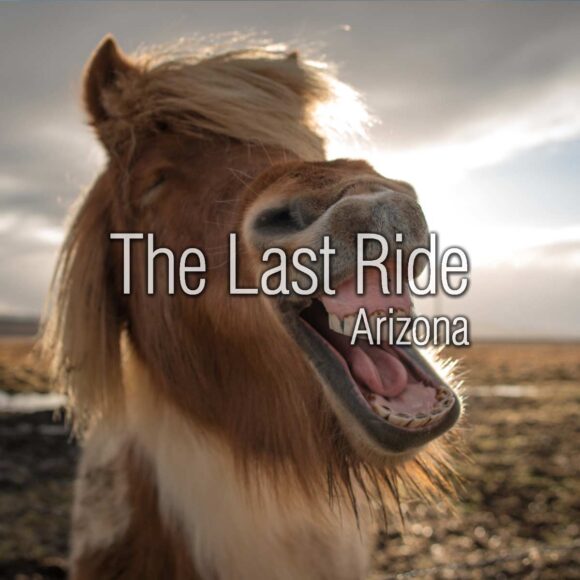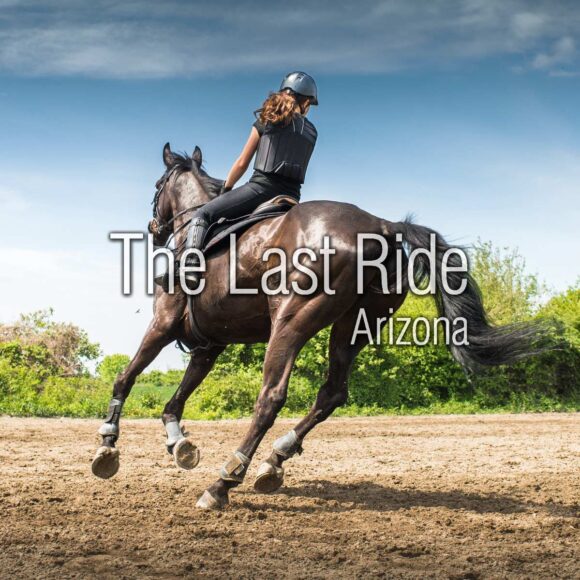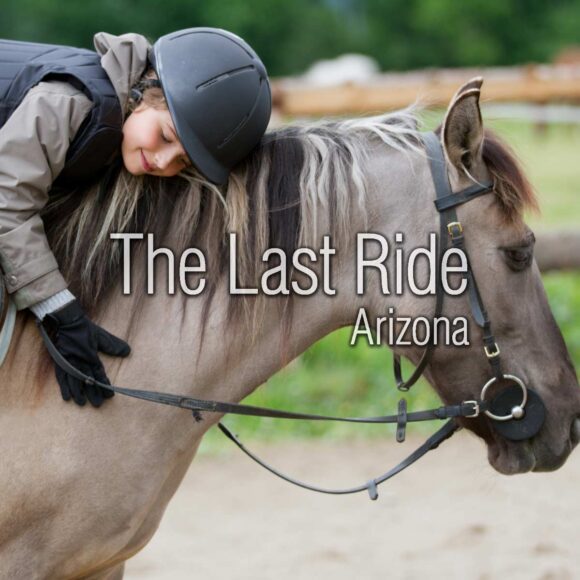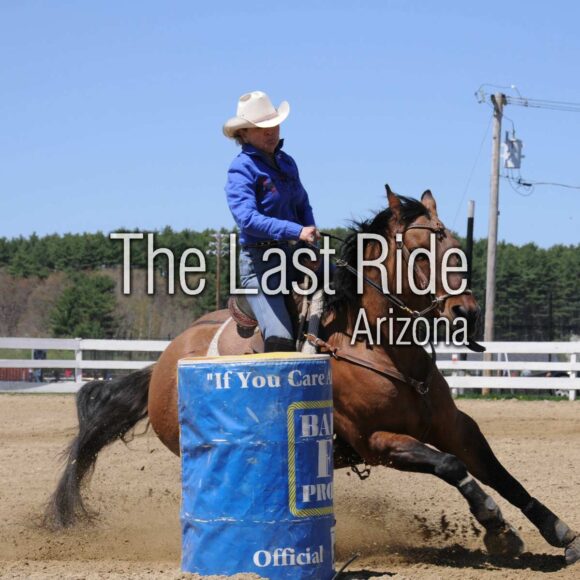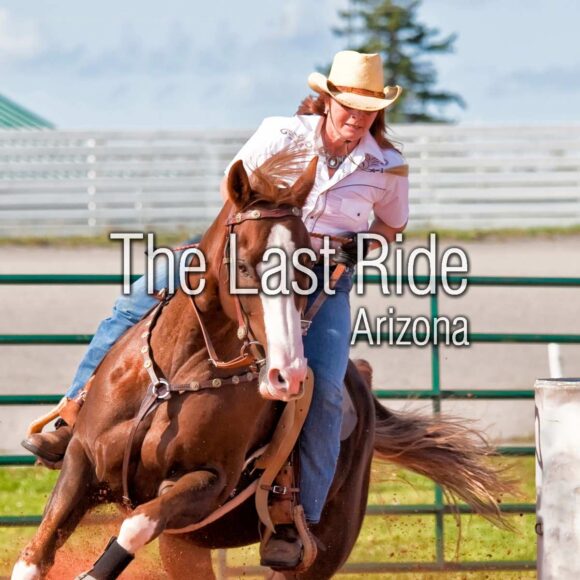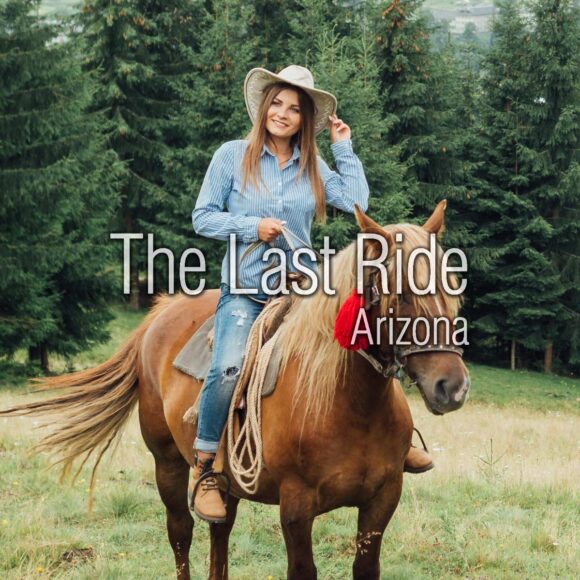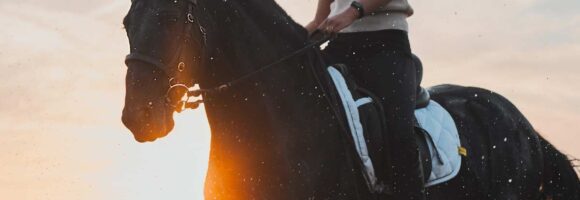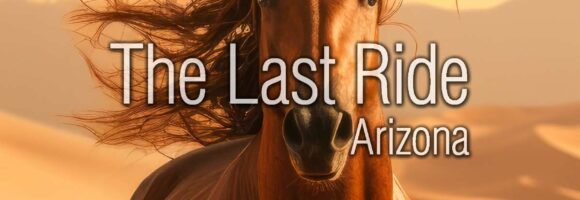Keeping Your Horse Safe on Trail Rides
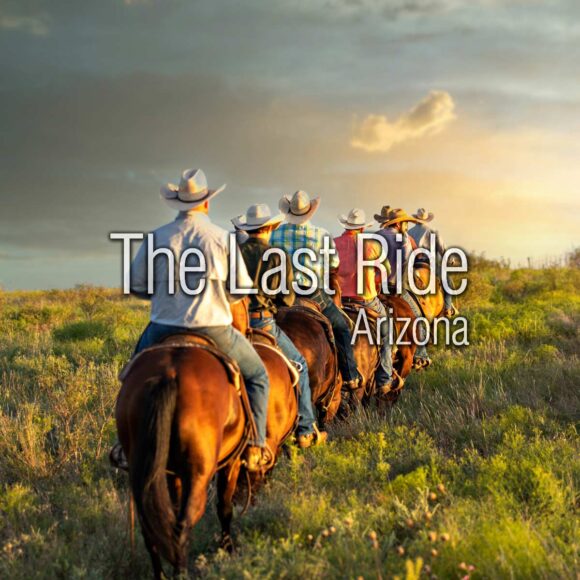
Trail rides are a fun and exciting activity for both horse and rider.
However, it’s important to prioritize safety when venturing out into new and potentially unpredictable environments. In this blog, we will discuss some tips for keeping your horse safe on trail rides.
First and foremost, make sure to properly prepare yourself and your horse before heading out on a trail ride. This includes making sure you have all necessary equipment, such as a helmet for yourself and proper tack for your horse. You should also make sure both you and your horse are physically and mentally prepared for the ride.
When choosing a trail, it’s important to consider your horse’s experience level and any potential challenges that may arise. Start with shorter and easier trails before gradually increasing difficulty as your horse becomes more experienced. It’s also helpful to ride with someone else or in a group, especially when exploring new trails.
On the trail, make sure to maintain a safe distance between horses to avoid any potential accidents. It’s also important to pay attention to your surroundings and be prepared for any unexpected obstacles such as fallen trees, steep inclines, or water crossings.
Being aware of your horse’s behavior and body language is crucial in keeping them safe on trail rides. If you sense any hesitation or discomfort from your horse, it’s important to address it immediately. This can include dismounting and leading your horse through a tricky section or taking a break if they seem tired.
Lastly, always be prepared for emergencies on the trail. Make sure to have a first aid kit and a cell phone with you at all times. It’s also a good idea to inform someone of your planned route and estimated return time in case of any accidents or delays.
By following these tips, you can ensure a safe and enjoyable trail ride for both you and your horse. Remember to always prioritize safety and be prepared for any potential challenges that may arise. Happy trails! So, make sure to follow these tips to keep both yourself and your horse safe during your next trail ride adventure. Keep exploring new trails and making unforgettable memories with your equine companion. So, remember to prioritize safety, be prepared, and have fun on your next trail ride!
Contact Us Today for Phoenix Arizona Horse Removal and Burial >>
